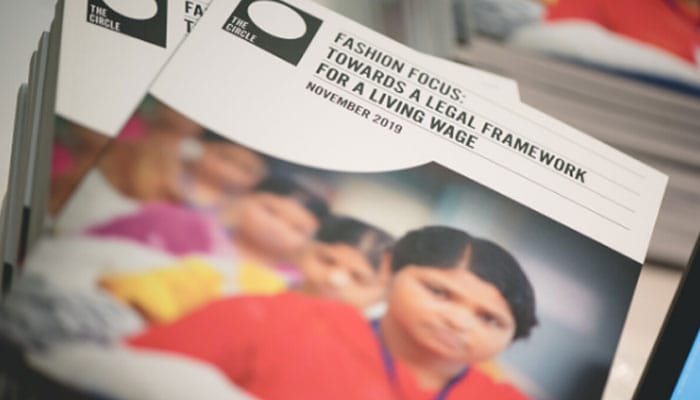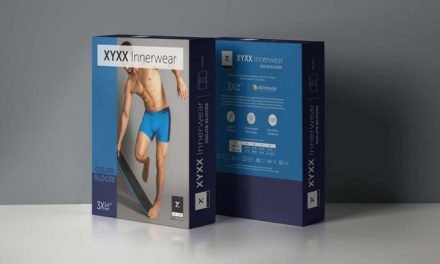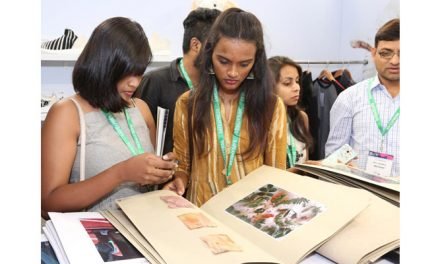The European Union is being urged by the lawyer authors of a new report to introduce new legislation to tackle poverty wages in global fashion supply chains. The Circle NGO, set up by the singer Annie Lennox to challenge injustices faced by women around the world, makes the recommendation in its report, Fashion Focus: A Legal Framework for a Living Wage.
It has been published two years after an earlier report, Fashion Focus: The Fundamental Right to a Living Wage, found that most garment workers were employed in countries where the minimum wage was less than half of the living wage.
The new report, written by The Lawyers Circle, a group within The Circle, says little progress has been made since and suggests a legislative approach to put pressure on brands to source from suppliers who pay their workers enough to live on. It calls on the European Union to act even though most garment-producing countries lie outside its borders, saying there is precedent for this in the shape of EU action on issues from money laundering to financial services and from food law to aviation and maritime regulations.
In her introduction to the report, Jessica Simor QC, one of the authors, explained that the EU could not simply block imports, based on the level of wages paid to workers producing the goods, as that would breach World Trade Organisation rules. However, she says it could draw up an ‘Annex’ of countries where the minimum wage was less than the living wage and then force companies importing from those countries to state what they had done to ensure the workers were adequately rewarded. This information would be publicly available – putting pressure on brands to source from suppliers who paid their workers the living wage, and on countries to raise their minimum wage to the level of the living wage.
Simor said, “We’re clear that voluntary codes have not worked and that we must now have a legislative solution that creates some kind of level play field for garment retail companies. “Our search for a legislative solution aims therefore not to prevent or restrict imports from countries where the minimum wage is less than the living wage but rather to make it clear when such imports are taking place.
“Our aim is to produce a system whereby the EU does not adopt protective measures that could breach WTO rules but rather adopts rules that have the effect of reversing the global race to the bottom in terms of wages.
“Companies importing retail garments from countries where the minimum wage was not enough to meet basic living costs would have to sign a form stating whether or not they had taken all reasonable steps to ensure workers had been paid a living wage.”
Simor admitted the idea was still at an early stage but added, “Our belief is that the fashion industry, as one of the largest global players, can step forward and lead the way to lift millions of lives out of poverty and change our attitude to global labour.”






















